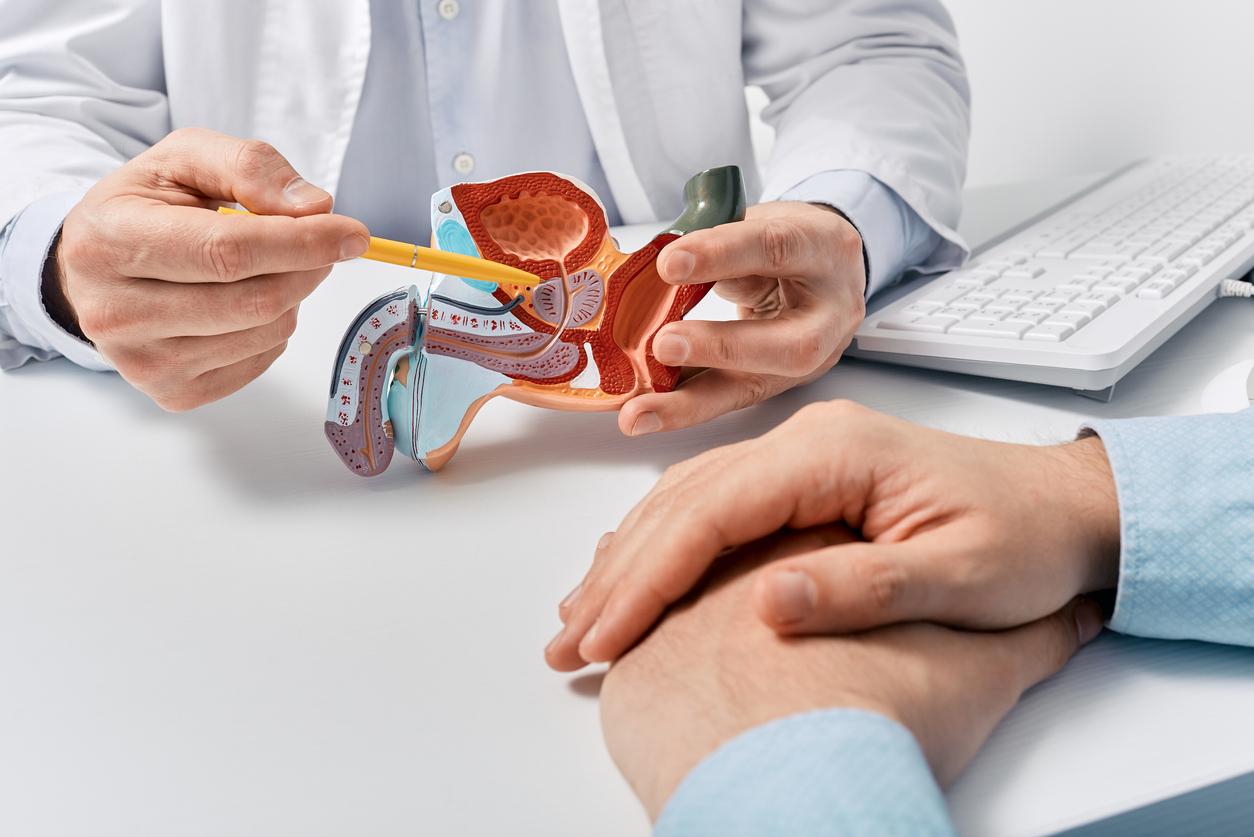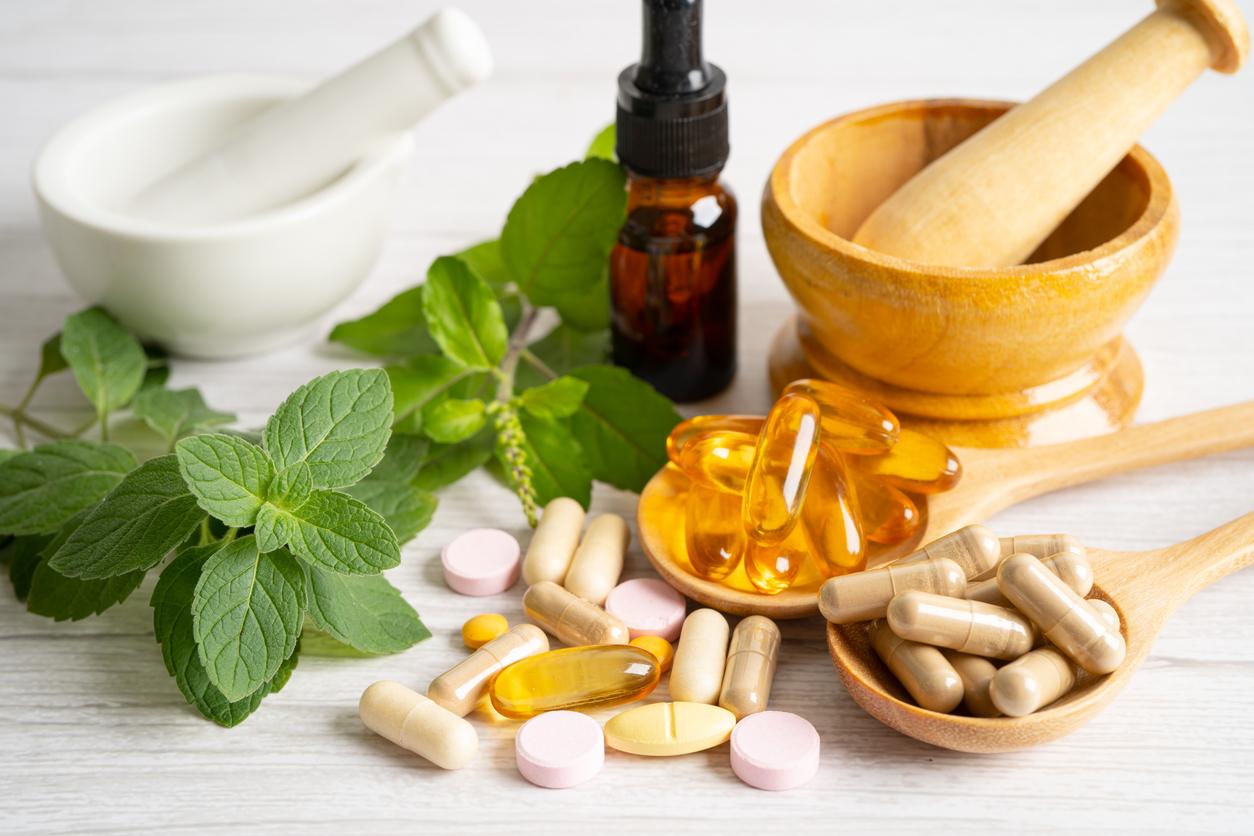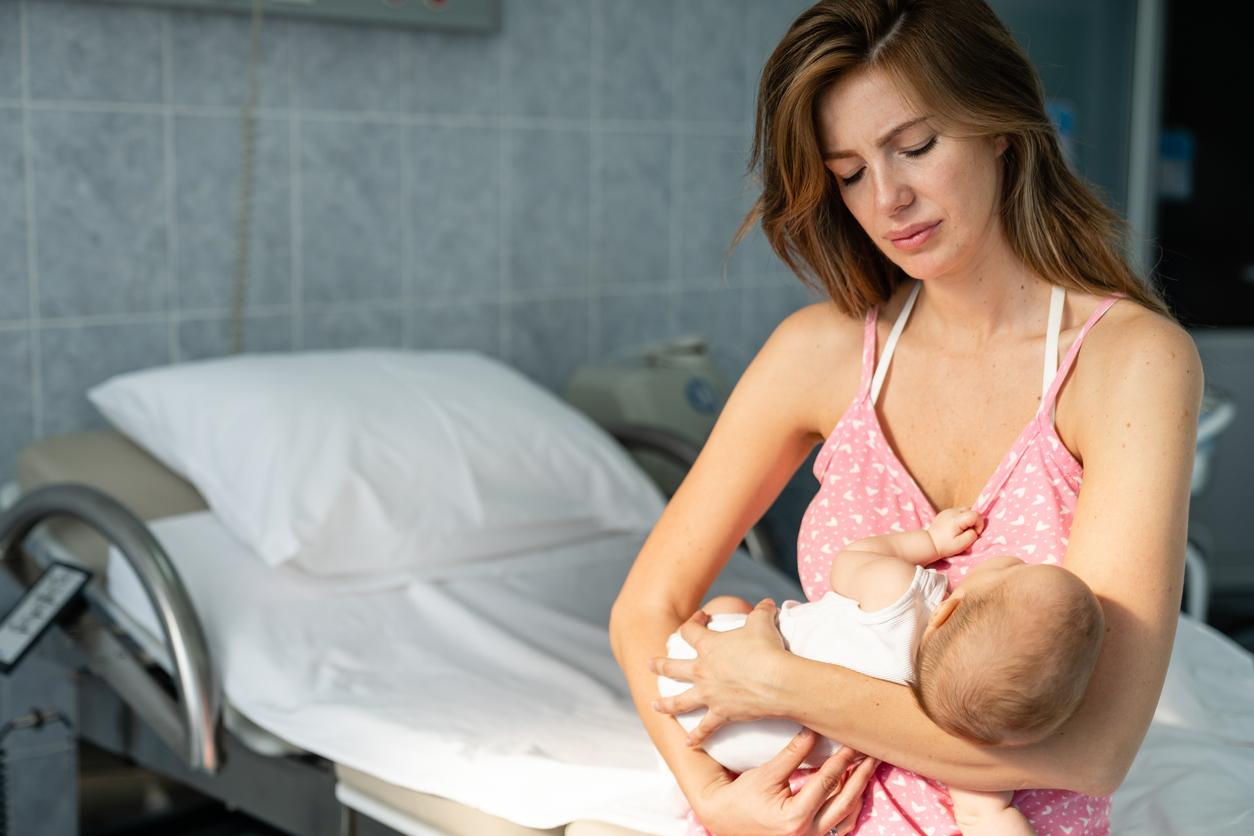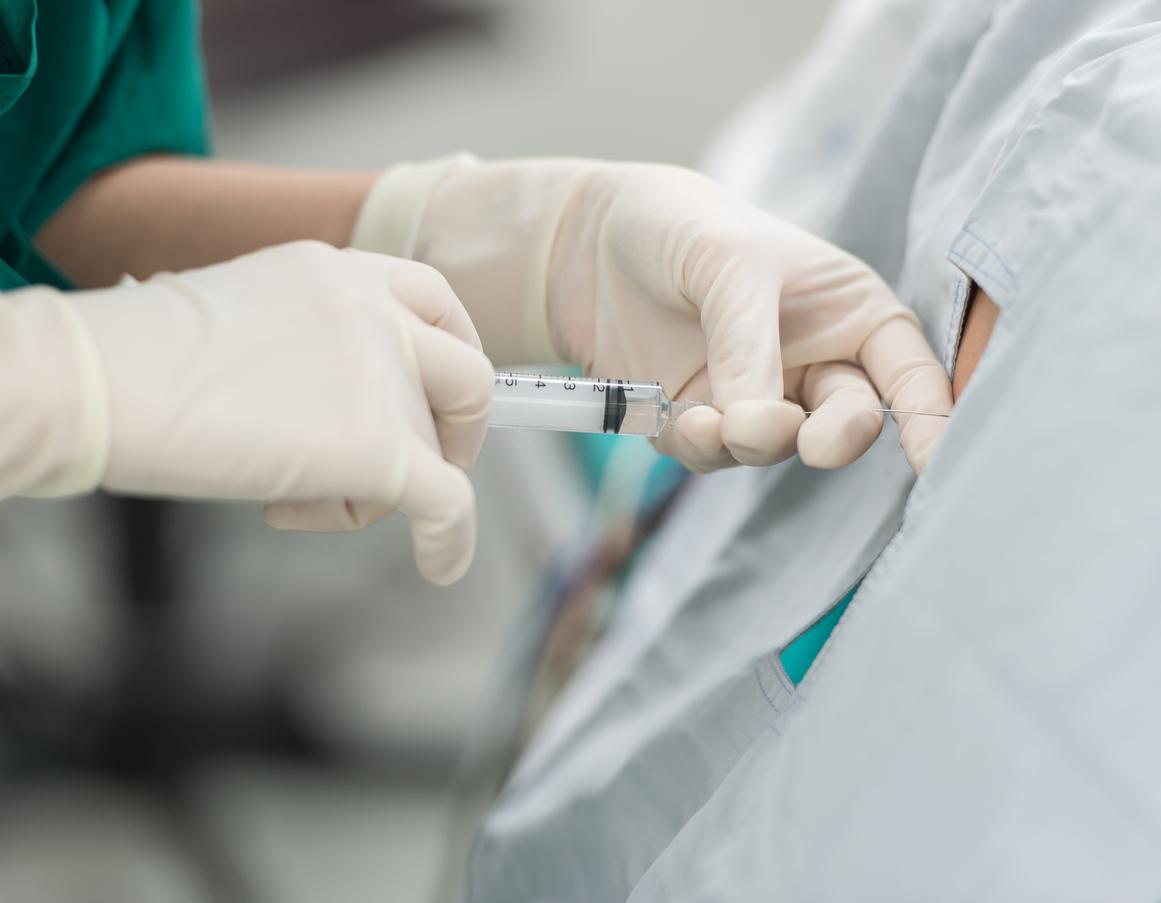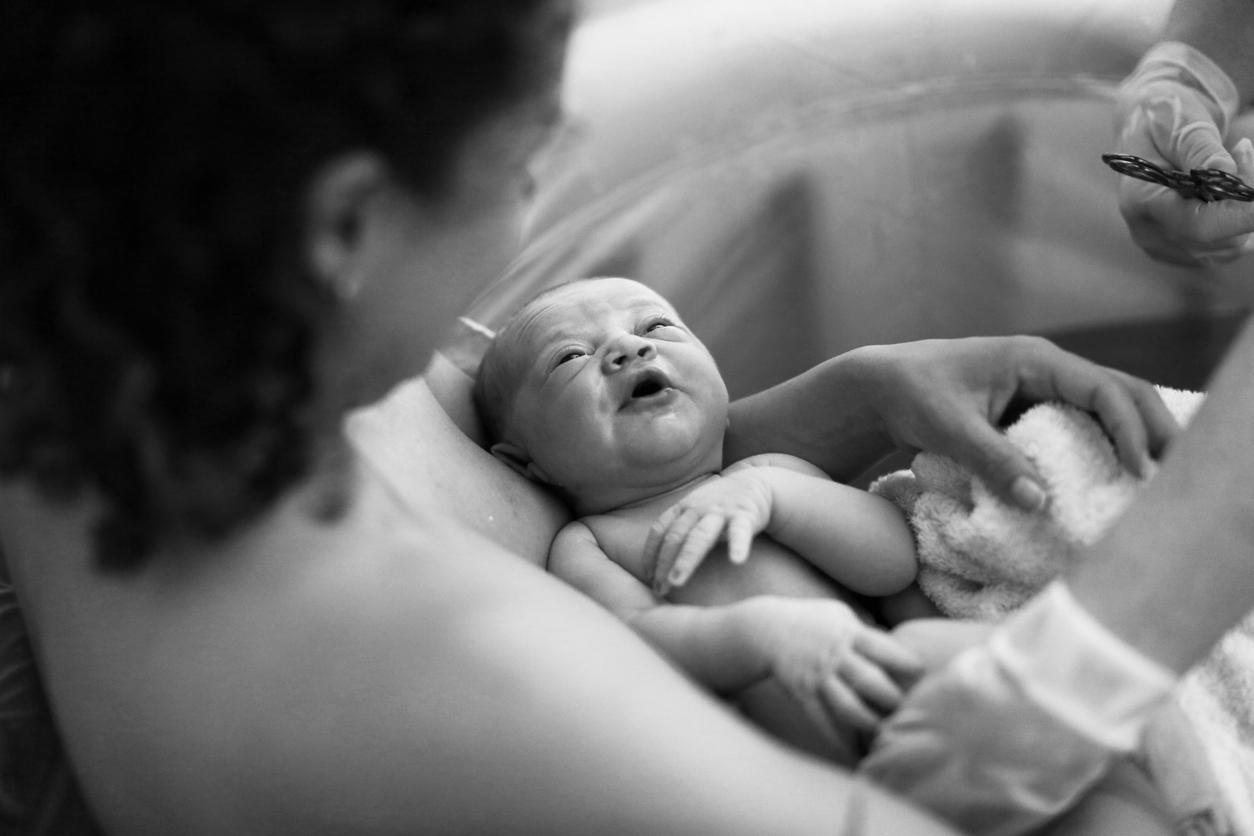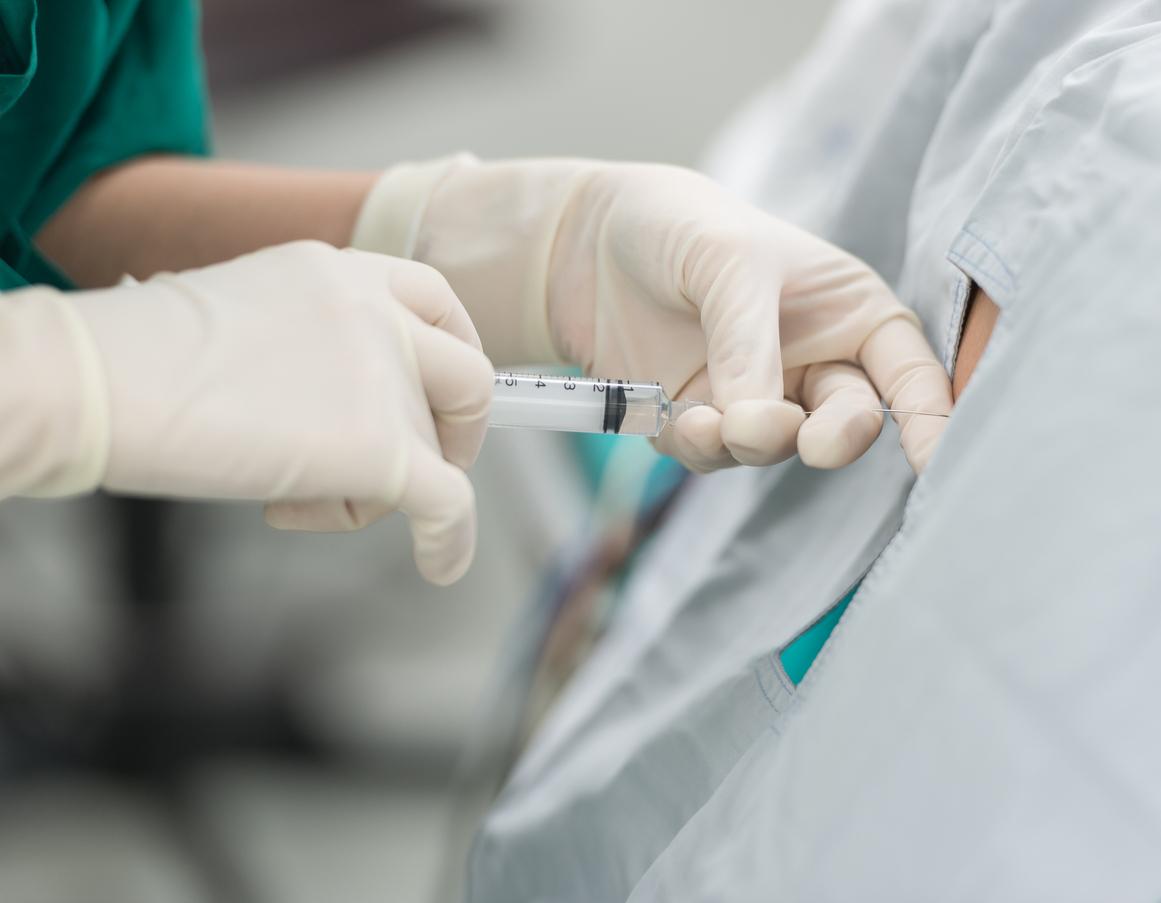According to a new study from Columbia University, chemicals that accumulate in the vagina, potentially from personal care products, can contribute to spontaneous preterm labor.
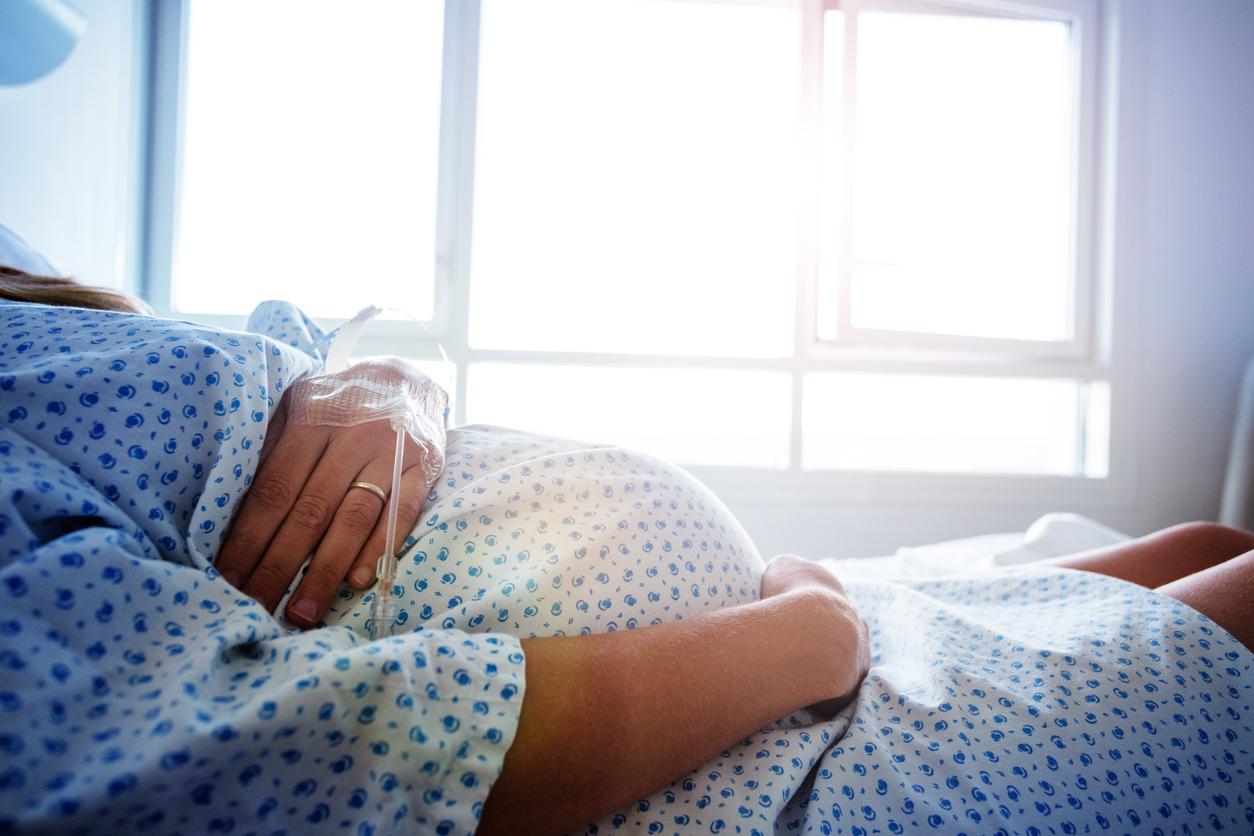
- Premature birth, that is, delivery before 37 weeks of pregnancy, is the leading cause of neonatal death and can lead to various health problems throughout life.
- Two-thirds of preterm births occur spontaneously, but despite extensive research, there are no methods to predict or prevent spontaneous preterm births.
- In France, a child is born prematurely (ie before 8.5 months of gestation) every eight minutes, which represents 60,000 births per year.
A new study, published on January 12 in Nature Microbiology and conducted among 232 pregnant women, revealed that a handful of non-biological chemicals, found in cosmetics and hygiene products, are strongly associated with premature birth.
Several previous studies have suggested that imbalances in the vaginal microbiome may play a role in preterm labor and other problems during pregnancy. To explore these assumptions, the Columbia University Vagelos College of Physicians and Surgeons research team behind this new study, co-led by University of Pennsylvania professors Tal Korem and Maayan Levy, decided to take a broader view of the vaginal microenvironment by examining its metabolome.
What is the metabolome?
The metabolome is the complete set of small molecules, from the cells of the body or from external sources, which is found in the microbiome of a part of the body and makes it possible to understand the role of each. “It can be considered a functional reading of the ecosystem as a whole”summarizes Tal Korem, in a communicated.
In the current study, the researchers measured more than 700 different metabolites in the second trimester metabolome of 232 pregnant women, including 80 pregnancies that ended prematurely. The study found several metabolites that were significantly higher in women who delivered early than in those who delivered at term.
Chemicals found in cosmetics and personal care products
“Many of these metabolites are chemicals that are not produced by humans or microbes – what we call xenobiotics.explains Tal Korem. These include diethanolamine, ethyl-beta glucoside, tartrate and ethylenediaminetetraacetic acid. Although we did not identify the source of these xenobiotics in our participants, all could be found in cosmetics and hygiene products.”
“Our findings suggest that we need to take a closer look at whether common environmental exposures actually cause preterm births and, if so, where these exposures come from.adds the assistant professor at Columbia University. The good news is that if these chemicals are to blame, it may be possible to limit these potentially harmful exposures.”
An algorithm could soon predict premature births
Using machine learning models, the research team also developed an algorithm based on metabolite levels that can predict preterm birth with good accuracy, potentially paving the way for early diagnosis.
Although the predictions were more accurate than models based on data from the microbiome and maternal characteristics (such as age, BMI, race, history of preterm birth, and previous births), the new model should still need to be improved and validated before it can be used in the clinic. Despite these current limitations, “Our results demonstrate that vaginal metabolites have the potential to predict, months in advance, which women are likely to give birth early”points out Korem.



